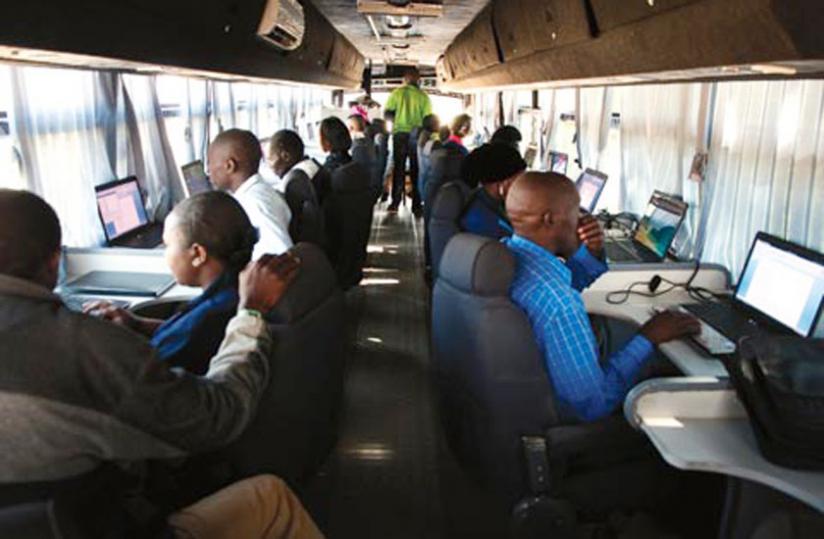I think Rwanda is already on its way to becoming a technological hub in East Africa and beyond. However, there are still challenges. To name but a few, let's begin with the obvious ones.


​Editor,
I think Rwanda is already on its way to becoming a technological hub in East Africa and beyond. However, there are still challenges. To name but a few, let’s begin with the obvious ones.
First, we need enough energy and electricity to be able to enjoy all these new technologies and to support our industries. There are still way too many Rwandans out there without electrical power in their homes in rural areas.
Secondly, we need research and development to be part and central to technological innovation. It is one thing to study the basics at universities for our young minds but that alone cannot bring about change. What brings change is research that is tailored to the local challenges.
Thirdly, we need clusters of the likes of kLab, and these need to be in the same geographical area with universities. Basically, that is why they are called ecosystems.
They become a fertile ground on which great ideas can flourish. They create an environment that is nurturing and that allows breakthroughs to happen.
Lastly, I will say that infrastructure is key, not just the physical part (buildings and cables) of it but we also need to create an environment that is good for breakthroughs. And I think that clustering these R&D and universities and labs and incubation centres with banks and investors in a Silicon Valley like specific zone will bring about breakthroughs in itself.
Because there are already talented Rwandans who are eager to prove to themselves and to the world that Rwanda is open for business and that we really want to bring it to the next level.
And I suggest that people at RDB should go visit Silicon Valley, Facebook and Google and see how researchers, programmers and the people involved are allowed to advance.
But, most importantly, I wish that these innovations should also benefit the local population whether it is in building modern housing, clean energy, clean environment, better health care, smart agriculture, smart Rwandans… and we should also take care to improve standards across the board.
As you know, quality is very important; let’s not fool ourselves. Everyone can enjoy Kigali streets because of how clean they are, but this should also be reflected in other areas of our lives.
Sal Equin
Reaction to the letter, "What can Rwanda contribute to the world of technology?” (The New Times, October 6)


